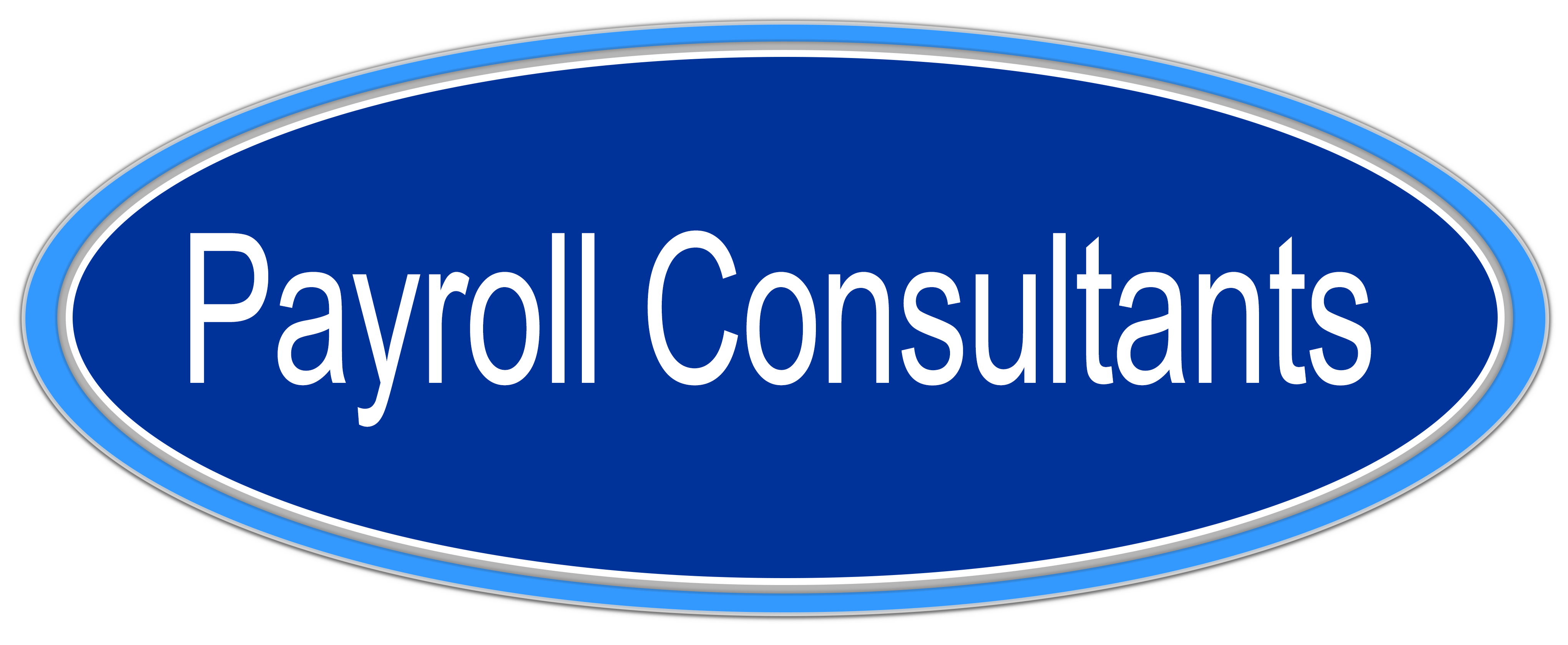
Running a business involves numerous challenges, and managing human resources (HR) functions can be particularly complex and time-consuming. That’s where a Professional Employer Organization (PEO) comes in. In this blog post, we will explore the role of a PEO and how it can benefit businesses.
A Professional Employer Organization is a specialized firm that partners with companies to handle various HR responsibilities. By forming a co-employment relationship, the PEO becomes the employer of record for certain HR-related matters, while the client organization retains control over the day-to-day operations and strategic decisions. Let’s delve into the key functions and benefits of a PEO:
- HR Administration and Compliance: PEOs excel in managing HR tasks, such as payroll processing, benefits administration, tax compliance, and employee onboarding. They have the expertise and resources to streamline these administrative functions, ensuring accuracy, efficiency, and compliance with ever-changing employment laws and regulations. By outsourcing these responsibilities to a PEO, businesses can focus on their core operations and strategic goals.
- Employee Benefits: PEOs often provide access to comprehensive employee benefits packages, including health insurance, retirement plans, and other perks. By pooling the employees of multiple client organizations, PEOs can negotiate better rates and benefits options, even for small and medium-sized businesses. This enables clients to offer competitive benefits that help attract and retain top talent, enhancing employee satisfaction and overall workforce well-being.
- Risk Management and Compliance: Staying compliant with employment laws and regulations is critical for any business. PEOs actively manage HR-related compliance by staying up-to-date with legal changes, providing guidance on employment practices, and ensuring that necessary documentation is in place. PEOs can also assist with risk management strategies, such as workers’ compensation coverage, safety programs, and HR policies that mitigate potential liabilities.
- HR Expertise and Support: Partnering with a PEO grants businesses access to a team of HR professionals who bring in-depth knowledge and experience to the table. These experts can provide guidance on HR best practices, help navigate complex employment issues, and offer support in handling employee relations matters. Having this level of expertise at hand can be invaluable for businesses, particularly those without a dedicated HR department.
- Scalability and Flexibility: As businesses grow or encounter fluctuations in their workforce, a PEO can offer scalability and flexibility. Whether it’s expanding operations, hiring new employees, or downsizing, a PEO can quickly adapt HR processes to accommodate changing needs. This scalability eliminates the need for businesses to invest in additional HR infrastructure, ensuring cost-efficiency and operational agility.
In conclusion, a Professional Employer Organization (PEO) plays a crucial role in supporting businesses with their HR functions, compliance requirements, employee benefits, and risk management. By partnering with a PEO, companies can focus on their core operations, reduce administrative burdens, access expert HR support, and ensure compliance with employment laws. Ultimately, this collaboration allows businesses to optimize their resources, enhance employee satisfaction, and drive sustainable growth.
